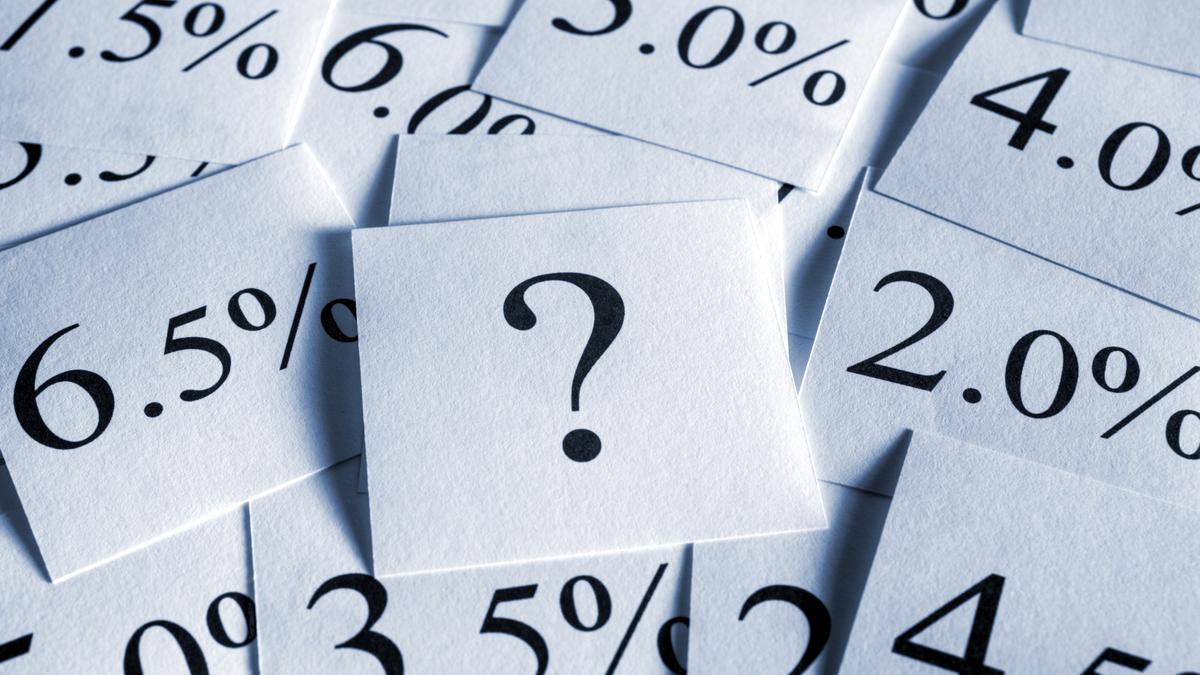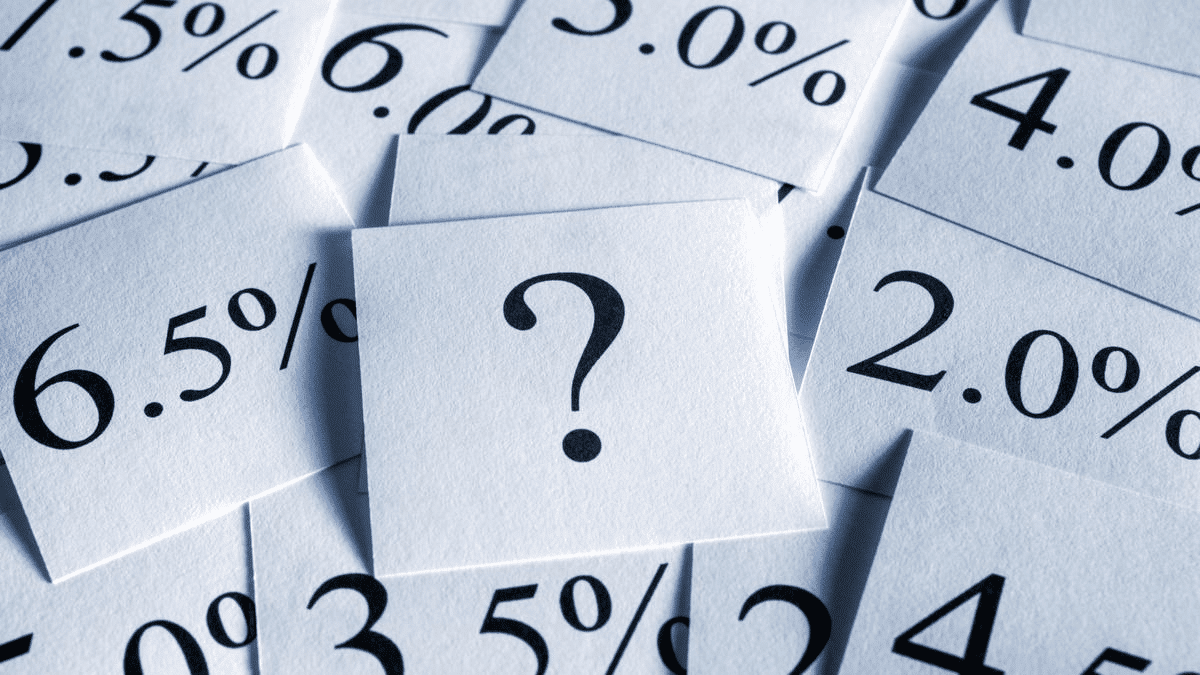You know what’s interesting? Interest.
Interest rates are often thought of as little more than numbers that affect our bank accounts but in fact they effect far more than that. When interest rates change, this can have far-flung consequences on the rest of the economy and ironically this can eventually come full circle to effect the interest rates even further.
In this article then, we will be looking at the complex relationship that the economy has with interest rates and how a small change here can truly upset the apple cart.

What is Interest?
Interest is essentially the amount that money can grow and accumulate more money. If you put money into a savings account, then the bank will take that money of yours and invest it in stocks and shares among other things. If the economy is strong and companies generally are doing well, then they can stand to make a lot of money by investing your cash and thus they can offer you a big ‘interest rate’as they split those profits. However, if the economy is poor, then the interest rates they offer you will be lower because the market in general is suffering.
Another type of interest is the amount that cash will increase in value as you borrow it. When you take out a loan, this will be offered to you at a certain rate and the longer you keep the money, the more you will have to pay back. When interest rates are high, borrowing money costs you more.
While interest rates vary between loans and savings accounts, there is also a ‘base rate’ that affects the country overall. In the UK, this is set by the Bank of England, which will increase the interest rate when they worry that inflation is likely to increase. This can thus reduce the demand for that money, there by reducing the rate of economic growth and preventing inflation. In the United States, interest rates are determined by the Federal Open Market Committee.This will then influence the banks and other lenders/borrowers, though they are still free to offer the rates that best suit them.
Impacts of Raising Interest Rates
When you raise interest rates then, this causes several more things to happen. First, it will increase the cost of borrowing thus meaning that credit cards and loans become more expensive. People without loans will now be less likely to consider taking them out, while people with loans will have less disposable income because they will have to pay back more on their monthly repayments.
At the same time, higher interest rates make the prospect of saving money more appealing. Because banks are now offering more interest, it makes more sense to put your money into a saving account and to see it grow more rapidly. Now people have less disposable income and more reason to save the income they do have – gradually spending is slowing down.

On top of all this, mortgages will increase. A mortgage is a type of loan and once again, as interest rates hike up, the loan will become less viable for potential home owners. This will slow down the housing market and fewer people will buy new homes. At the same time, this will cause houses to fall in value however.
All this will ultimately cause the economy to slow down as less money will be circulating. Spending will decrease and this means businesses will gradually turn less profit. This then strengthens the value of the local currency, as it will be less easily available.
A strong dollar isn’t always a good thing for the US though. Actually, this means that exports become less competitive and international businesses will potentially have to lower their rates. Likewise, for those who are paid in foreign currency, they will then have lower incomes when those currencies are converted to the local format.
Government debt payments will also increase which can lead to an increase in taxes. All this will leave the average citizen out of pocket and with considerably fewer options when it comes to investing in property or even travelling abroad. This equates to reduced confidence, which means even less consumerism and even fewer investments. Ultimately, this causes a lower Aggregate Demand (AD) which in turn can slow economic growth or even lead to a recession (negative growth).
Why Lower Interest Rates?
With all this in mind then, why would a country lower its interest rates?
The main reason is to prevent inflation. Inflation occurs when there is a sustained increase in prices across an economy, which is normally due to excess aggregate demand – overly rapid economic growth.
As businesses succeed and have a booming market, they will increase their prices to maximize their profits. This in turn leads to higher wagers for their employees, which increases their own spending power.
As with interest, this can then have a number of unwanted impacts on the economy too. For one, it forces the central banks to print more money. Eventually, this can lead to hyper inflation. Another issue is rising house prices – as demand increases beyond the availability of homes, home owners are able to increase their house prices making it difficult for those trying to get onto the property ladder. Inflation erodes the value of savings and hurts investments that are on a fixed return. This can also hurt credibility with international investors.
Ultimately though, the main risk with inflation is that it can destabilize an economy. As wages increase more and more and prices increase accordingly, this can eventually cause the market to overheat and eventually something will likely ‘give’ leading to a potential ‘boom’ then ‘bust’.
As you can see then, the role of interest rates in the economy is actually a highly complex one. It is not as simple as high interest being ‘good’ or ‘bad’. Rather, interest rates act both as a barometer for the strength of an economy as well as a tool that can be used to adjust it.
Source https://www.emilydeals.com/


